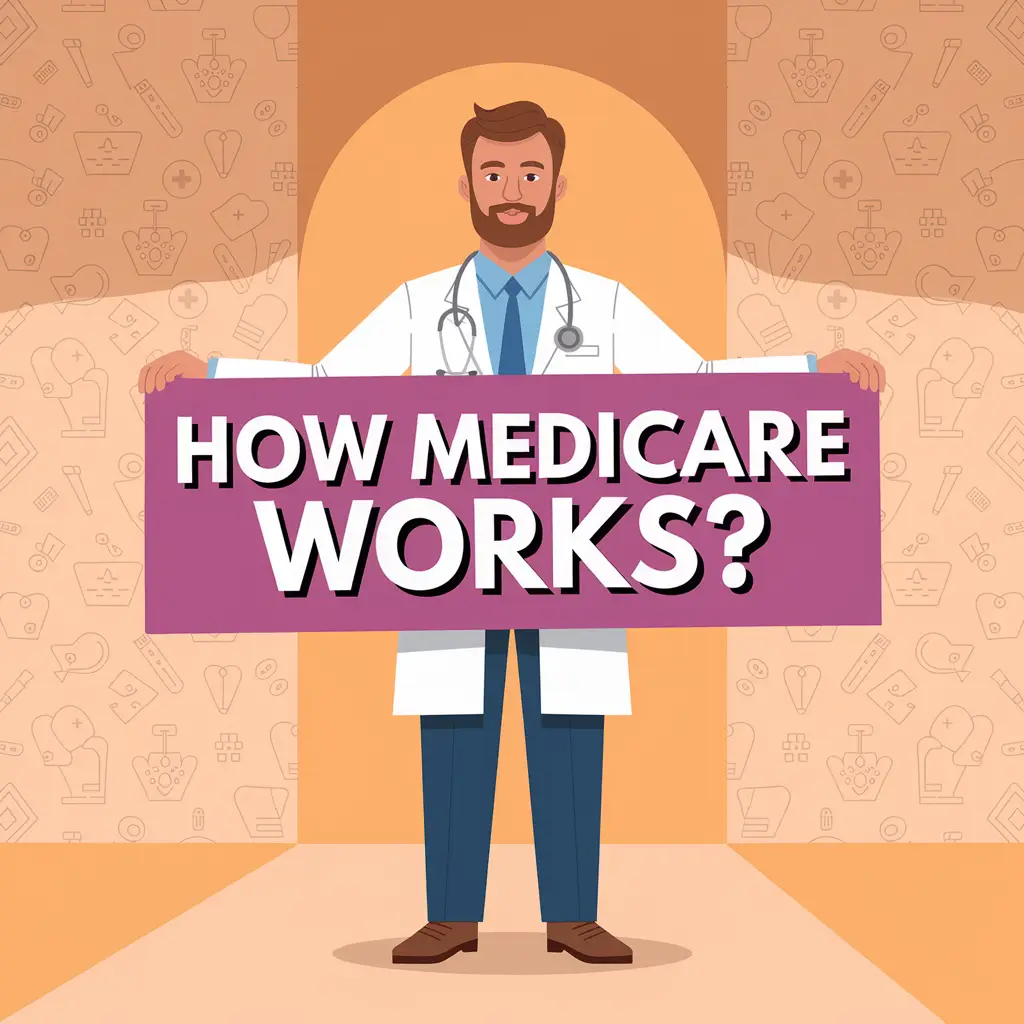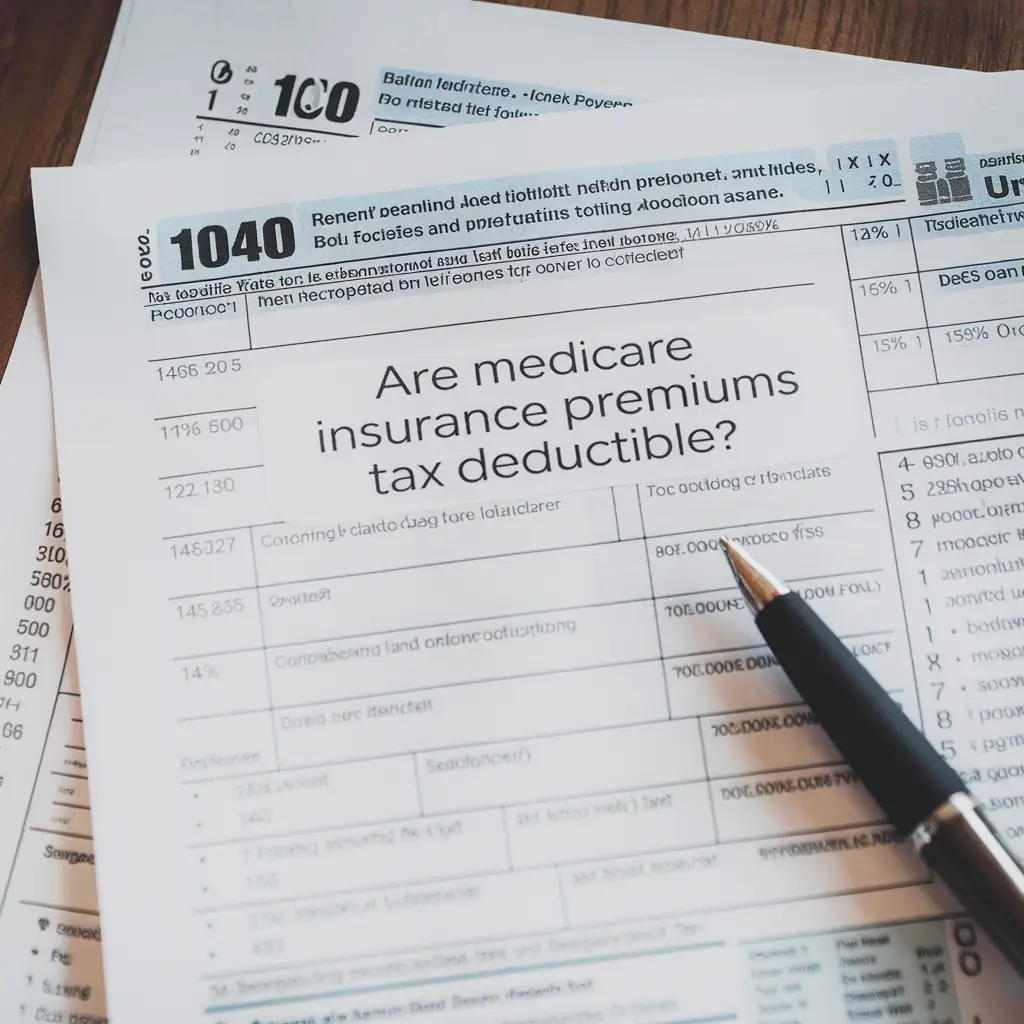Understanding the Initial Enrollment Period
The Initial Enrollment Period (IEP) is a crucial time for those becoming eligible for Medicare. Before we dive into the consequences of missing this period, let’s quickly review what it entails.
What is the Initial Enrollment Period?
Your IEP is a 7-month window that includes:
- The 3 months before you turn 65
- The month you turn 65
- The 3 months after you turn 65
Why is the IEP Important?
During this time, you can enroll in Medicare Parts A, B, C, and D without penalties or gaps in coverage.
Consequences of Missing Your Initial Enrollment Period
Missing your IEP can lead to several issues. Let’s explore the main consequences:
Delayed Coverage
When Will Your Coverage Start?
If you miss your IEP, your coverage start date will be delayed. You’ll have to wait for the General Enrollment Period (GEP) to sign up, which runs from January 1 to March 31 each year. Your coverage won’t begin until July 1 of that year.
Late Enrollment Penalties
Missing your IEP can result in permanent penalties for certain parts of Medicare.
Part A Late Enrollment Penalty
If you’re not eligible for premium-free Part A and you don’t buy it when you’re first eligible, your monthly premium may go up 10%. You’ll have to pay this higher premium for twice the number of years you could have had Part A but didn’t sign up.
Part B Late Enrollment Penalty
For each 12-month period, you delay enrollment in Part B, you may have to pay a 10% penalty on your premium for as long as you have Part B.
Part D Late Enrollment Penalty
You may owe a late enrollment penalty if you go without Part D or creditable prescription drug coverage for any continuous period of 63 days or more after your IEP ends.
Gaps in Coverage
Missing your IEP can leave you with gaps in your health coverage, potentially exposing you to high out-of-pocket costs for medical care.
Special Enrollment Periods: A Potential Solution
If you missed your IEP, you might still be eligible for a Special Enrollment Period (SEP).
What Qualifies for a Special Enrollment Period?
SEPs are triggered by certain life events, including:
- Losing employer-based coverage
- Moving out of your plan’s service area
- Qualifying for Medicaid
How Long Do Special Enrollment Periods Last?
Most SEPs last for 2 full months after the month of the qualifying event.
What to Do If You’ve Missed Your Initial Enrollment Period
If you’ve missed your IEP and don’t qualify for an SEP, here are your next steps:
- Enroll during the next General Enrollment Period (January 1 – March 31)
- Prepare for potential penalties and delayed coverage
- Consider stopgap insurance options to cover you until your Medicare begins
Conclusion: The Importance of Timely Enrollment
Missing your Initial Enrollment Period can have lasting consequences on your Medicare coverage and costs. It’s crucial to be aware of your enrollment periods and act promptly. If you’ve missed your IEP, explore your options for Special Enrollment Periods or prepare to enroll during the next General Enrollment Period.










